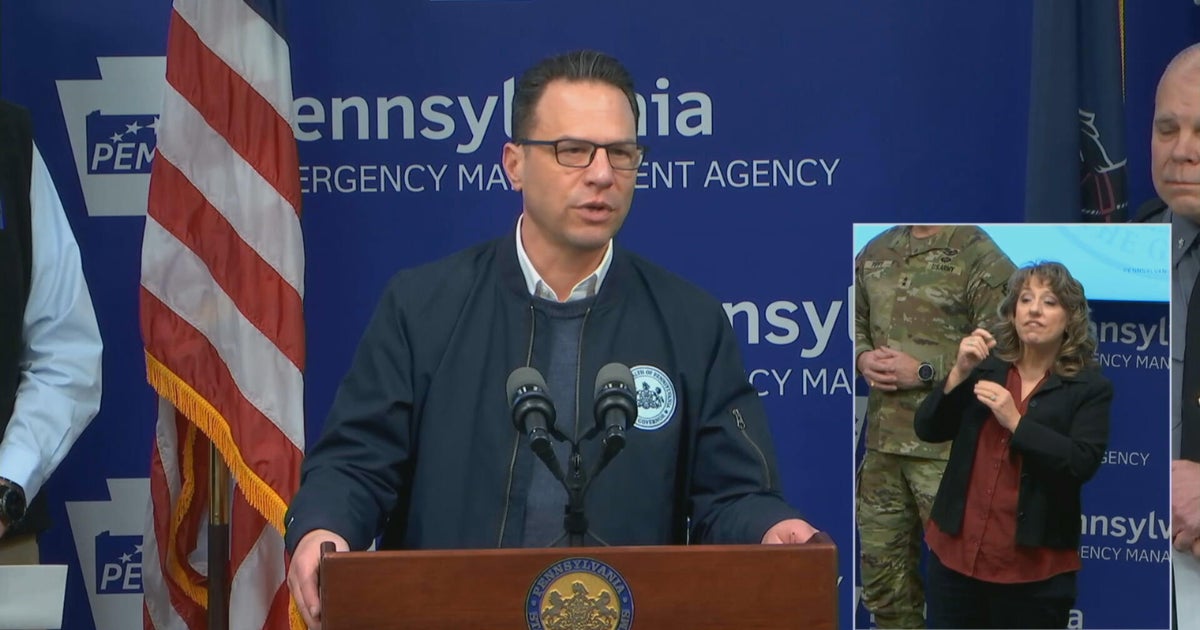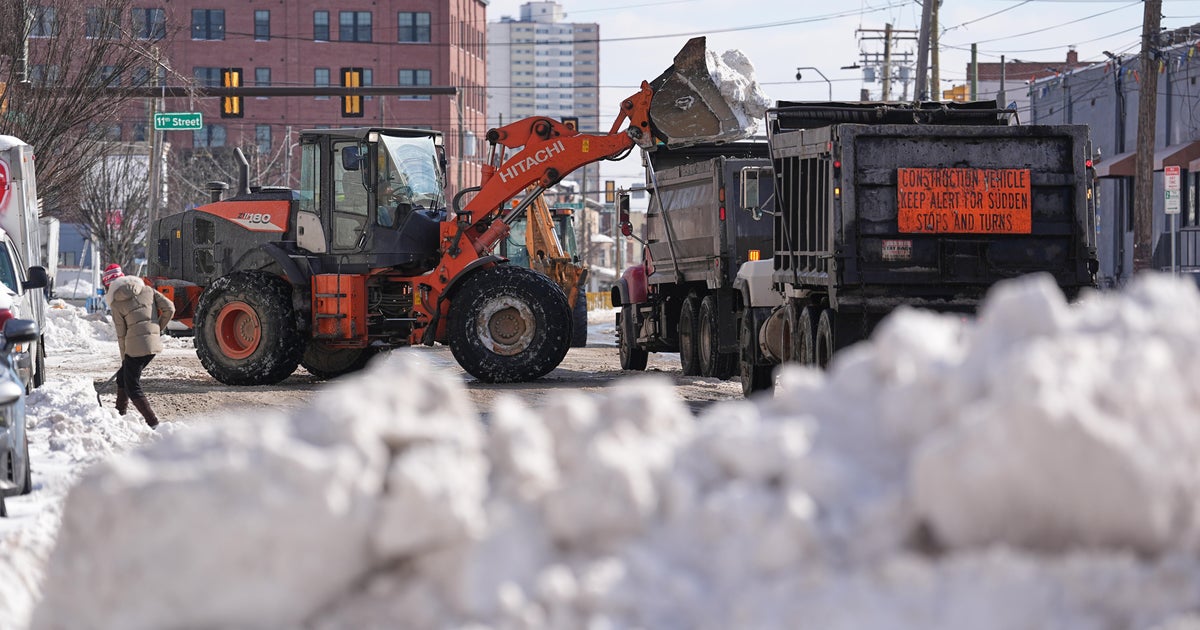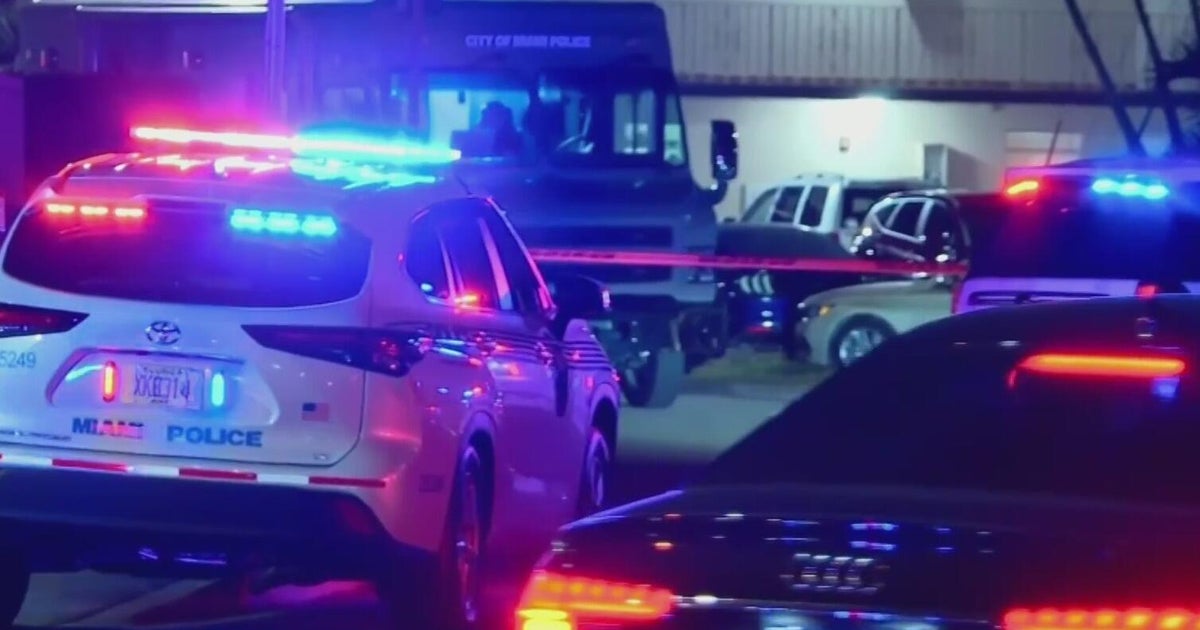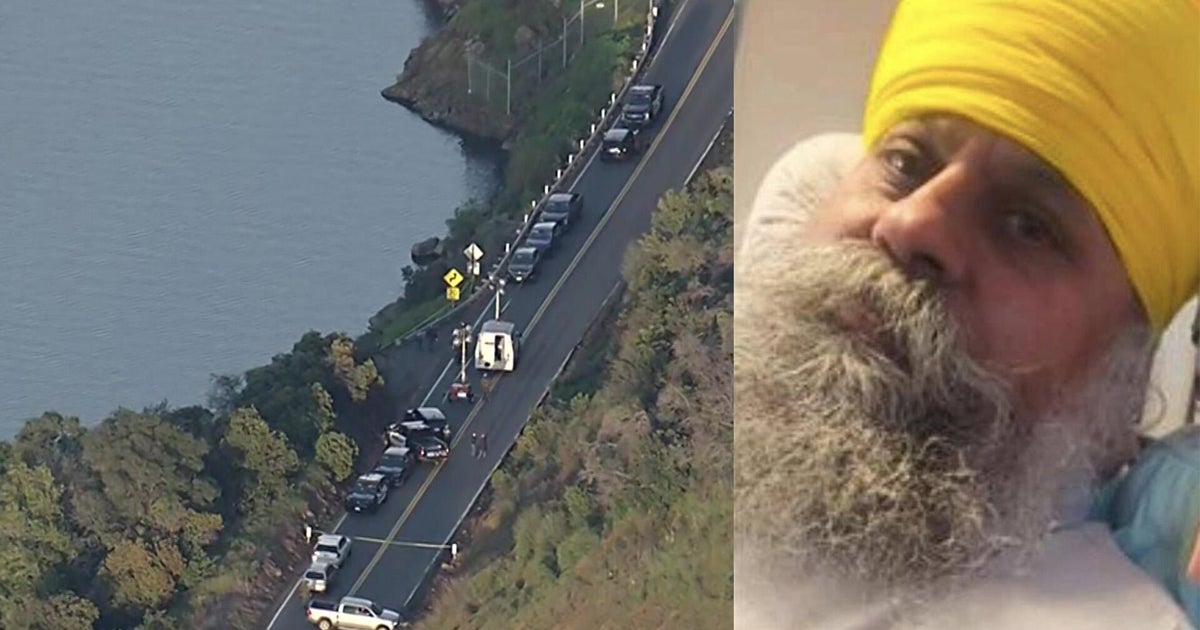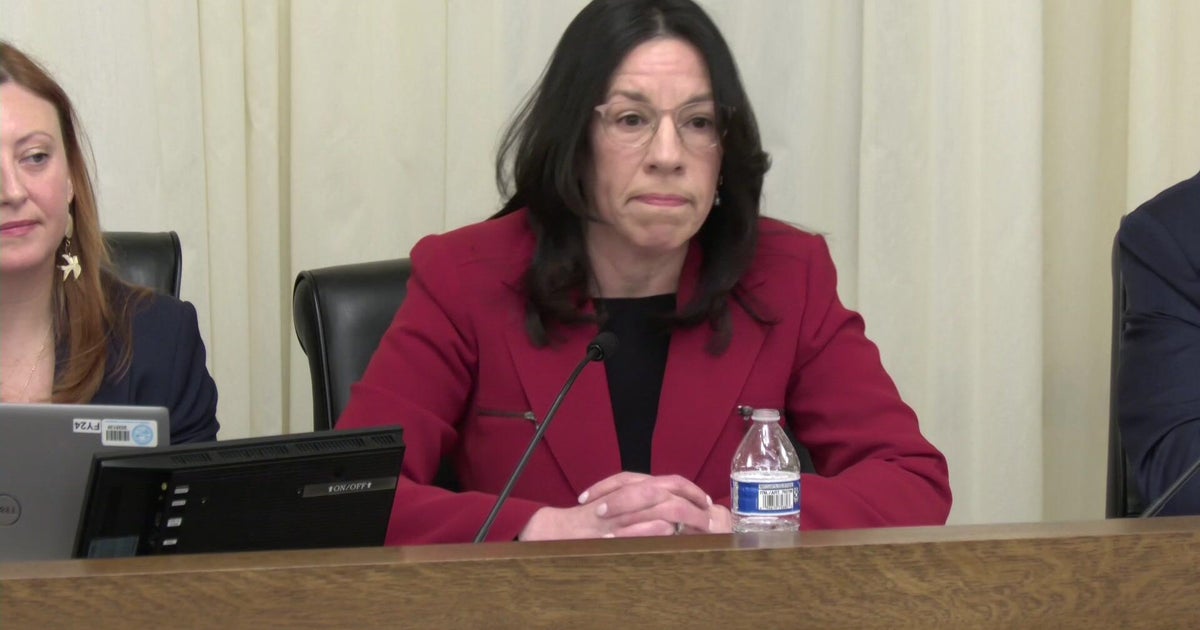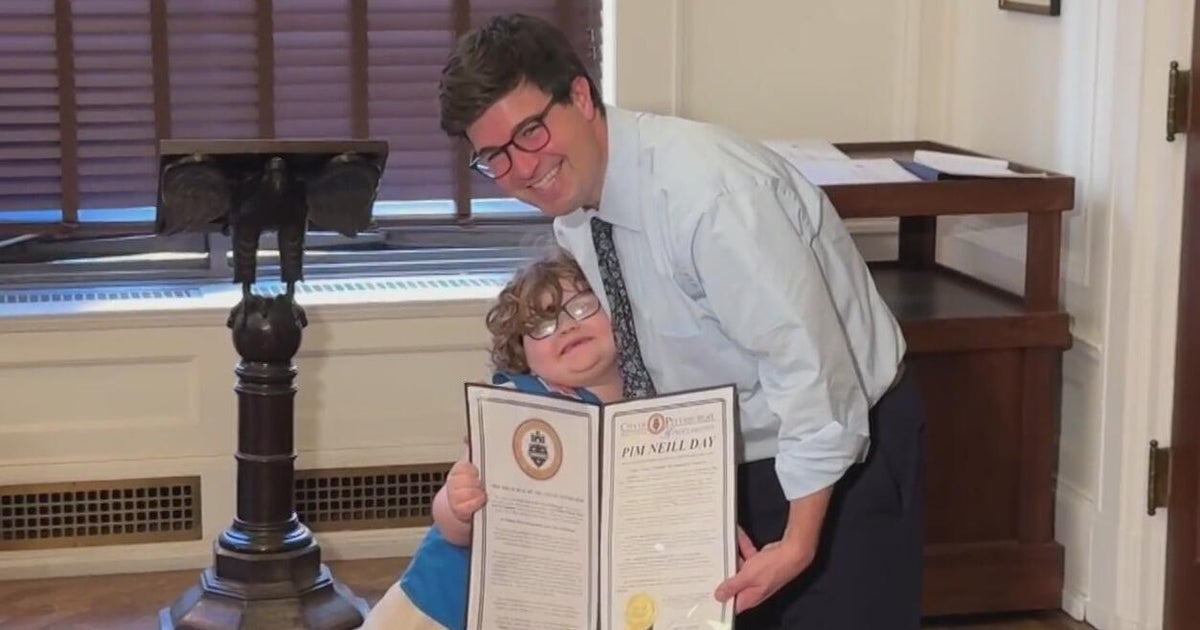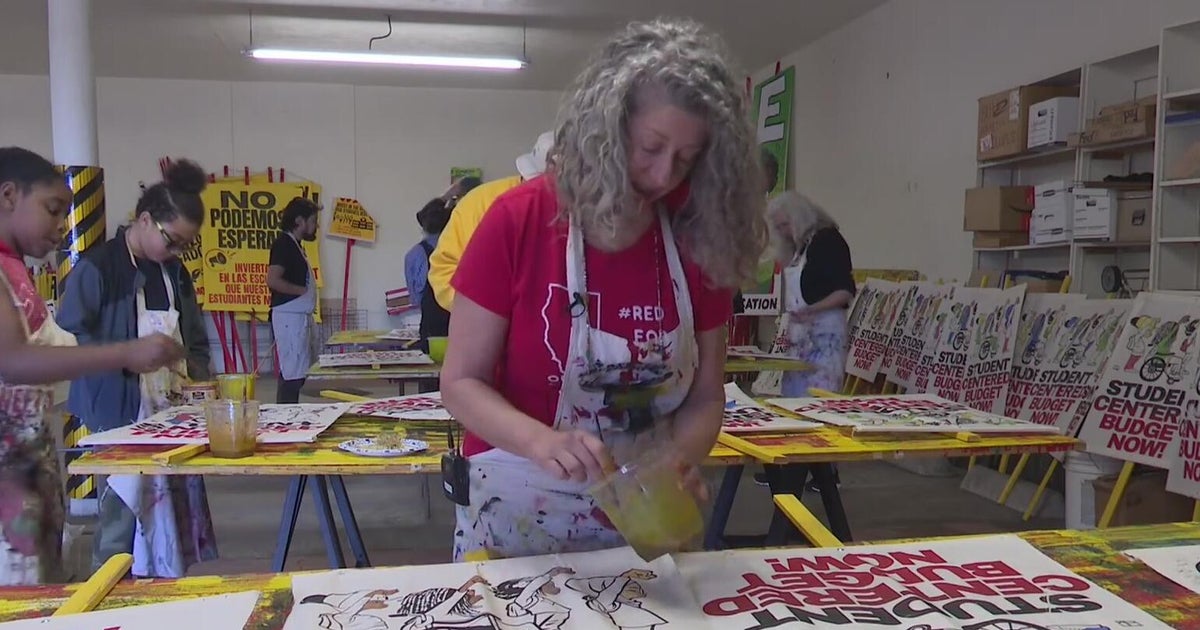Devil Is In The Details Of Stadium Deal
MIAMI (CBS4) – Miami-Dade Commissioners approved a deal that was the result of days of negotiations between the Miami Dolphins and Miami-Dade County Mayor Carlos Gimenez to renovate Sun life Stadium.
Once the deal is approved, the Miami-Dade County Commission will set a date for a referendum vote by the public.
The 800-pound gorilla in the room during the negotiations and during the Commission's debate has been the deal struck between the County and the Miami Marlins to build Marlins Park. The Marlins Park deal is arguably the worst public/private deal ever put together for a stadium, at least from the taxpayer point of view.
The complex deal looks to give Sun Life a completely new look in time for Super Bowl L. The new stadium would have new seats, a reconfigured upper and lower bowl, HD video screens, new lights, and an open air canopy over the seating area.
The specifics of the deal were provided to commissioners late Tuesday night ahead of Wednesday's planned vote. The renovations will be paid for by a combination of an increase in tourist taxes in Miami-Dade County, a sales tax rebate from the state, and private contributions from the Dolphins.
According to the deal, the total cost of the project is estimated to be at least $350 million. If the final costs come in under $350 million, the County and the Dolphins will split the savings proportionally. On the flip side, any costs in excess of the $350 million price tag will be paid for by the Dolphins.
The County plans to contribute between $112 and $120 million to the stadium. Specifically, the County will give the Dolphins the lesser of $7.5 million per year with growth capped at three percent per year, or 75 percent of the TDT (tourist development room tax) collections.
According to the deal, if interest rates are more favorable, the County will contribute up to $120 million otherwise the spending will be capped at $112 million.
However, the amount the county will eventually pay for the stadium debt will be a maximum of $289.1 million. The County will also give the group a $4 million replenishing debt service reserve account from the 75 percent of tax collections over the scheduled commitment in the deal.
The Dolphins have agreed that by the one year anniversary of the loan, the team will pay the County back the total public contribution initially agreed to, which will be between $112-$120 million.
The County said that if Dolphins owner Stephen Ross decided to sell the team within five years of the execution of the deal, he would be on the hook for a penalty to the county of $20 million.
The team will face up to $120 million in additional penalties if it doesn't secure multiple major events over the next 30 years. Specifically, the team promised to land up to four future Super Bowls and four BCS Championship games.
The penalty structure use a point system with specific events assigned certain points, relative to the size of the event. The two tiered structure is listed below:
Tier 1 Events (Total of 100 Points Available)
- Four Super Bowls – 15 points each
- A World Cup Soccer Final game – 15 points
- Four BCS Championship games – 10 points each
- A World Cup Soccer non-Final match can be substituted for a BCS game
- The fifth Super Bowl and every Super Bowl after that – 20 points each
Tier 2 Events (total of 20 points)
- Twenty International Soccer games that are internationally televised – 1 point each
The deal said Tier 1 events can be substituted for Tier 2 events, but not vice-versa. In addition, the Greater Miami Visitors and Convention Bureau or the County Commission can also designate other events to count towards the points system.
However, if the Dolphins don't reach the agreed to 100 points from Tier 1 and 20 points from Tier 2 over the next 30 years, then a penalty will be assessed.
Additionally, the deal mandates that over the 30 years of the deal, all activities related to future Super Bowls will be held in Miami-Dade County, as long as the county has the manpower and ability to host the multiple events.
Finally, the team agreed to a 30-year non-relocation agreement with "an additional 10 year non-relocation period to provide the County time to seek remedies should a future owner not fully satisfy his/her payment obligations."
Everything still depends on the voters of Miami-Dade County. Essentially, the voters will be voting on the tax increase, not the stadium deal. If the tax increase for tourists is approved by voters, then the deal will proceed.
On the flip side, if voters don't approve the tax increase for tourists, the deal will be cancelled and the team, owner Stephen Ross, and the county enter an unknown future of pro football in South Florida.

